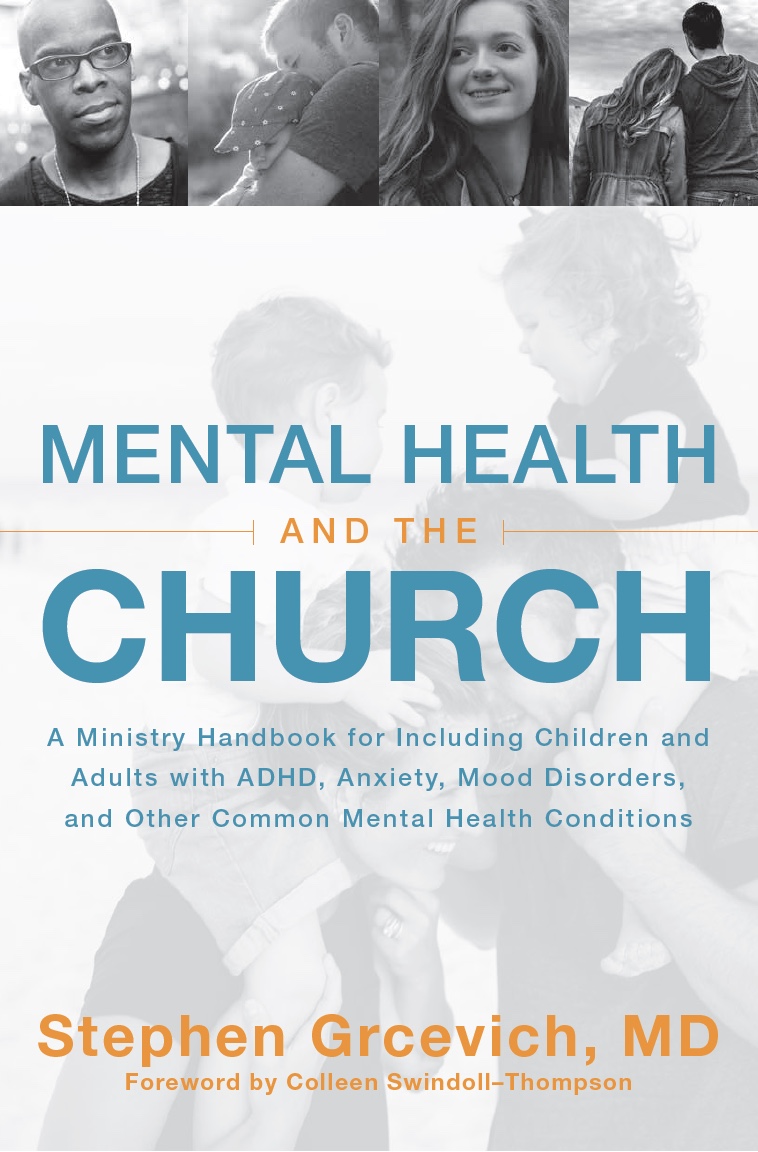 I’m considering the role that Key Ministry needs to play in educating pastors and church staff members about the possible causes and treatments for mental health disorders common among children and youth.
I’m considering the role that Key Ministry needs to play in educating pastors and church staff members about the possible causes and treatments for mental health disorders common among children and youth.
There’s a moderate amount of research looking at the attitudes of church members toward mental health issues, largely focused on the issue of where they go to find help in a crisis or how they gain access to mental health services. We know that many people seek help first from clergy for mental health problems, presumably because there’s less stigma or cost involved in seeking help from a pastor, trying to connect with the right person in the mental health system is often a bewildering process and because of the fear that secular mental health professionals will fail to grasp or minimize the spiritual component of the person’s presenting problems. What’s woefully missing from the research literature is an examination of the extent to which attitudes about mental disorders among leaders in the church becomes an impediment to church attendance and participation for families in which a parent or child experiences a significant mental illness.
 I came across an interesting paper published by Jennifer Payne in Community Mental Health Journal examining variations in pastor’s perceptions about the causes of depression categorized by the pastor’s race and denominational affiliation. Among the significant findings:
I came across an interesting paper published by Jennifer Payne in Community Mental Health Journal examining variations in pastor’s perceptions about the causes of depression categorized by the pastor’s race and denominational affiliation. Among the significant findings:
- African-American pastors were more likely to endorse the view that depression is hopelessness that happens when one does not trust God, and less likely to endorse the conceptualization of depression as a biological mood disorder.
- Pentecostal pastors, compared to pastors from mainline, conservative protestant and non-denominational churches, were more likely to endorse the view that depression is due to a moral problem in one’s life, and less likely to see depression as being due to a medical or biological condition.
- Pentecostal and non-denominational pastors were more likely to view depression as being caused by a lack of faith in God.
I would think that churches inclined to view depression or other mental disorders as conditions associated with a lack of faith in God would be most committed to efforts to reach and build relationships with persons suffering from these conditions. After all, to fail to do so would be analogous to building a hospital and subsequently deciding to do as little as possible to let sick people know that the hospital was open.
Where I’m hoping Key Ministry can help is by providing churches with the training, education and resources to minister to families of kids with mental health disorders with skill, sensitivity and thoughtfulness that exemplifies the love of Christ.
Updated May 13, 2016
***********************************************************************************************************
 Key Ministry encourages our readers to check out the resources we’ve developed to help pastors, church leaders, volunteers and families to better understand the nature of trauma in children and teens, Jolene Philo’s series on PTSD in children, and series on other mental health-related topics, including series on the impact of ADHD, anxiety and Asperger’s Disorder on spiritual development in kids, depression in children and teens, pediatric bipolar disorder, and ten strategies for promoting mental health inclusion at church.
Key Ministry encourages our readers to check out the resources we’ve developed to help pastors, church leaders, volunteers and families to better understand the nature of trauma in children and teens, Jolene Philo’s series on PTSD in children, and series on other mental health-related topics, including series on the impact of ADHD, anxiety and Asperger’s Disorder on spiritual development in kids, depression in children and teens, pediatric bipolar disorder, and ten strategies for promoting mental health inclusion at church.




GREAT post, Steve! Love your perspective that churches and pastors who view depression as moral or spiritual failure should be aggressively committed to being part of the solution rather than part of the problem! As always, thanks! :o)
LikeLike
In defense of any Pastor I have known, I believe this research article portrays a very narrow point of view. Many of the pastors quoted in this research are men of God, but not formally trained through extensive schooling in ministry. The Pastors that I have encountered within the Lutheran Church would not say that depression and other mental disodrers, or illnesses are caused due to a lack of faith in God. However, Pastors are not extensively trained in Psychiatric disorders, counseloing, running businesses, secretarial work, etc. All these are responsibilities often expected of men who are trained to be theologians. Should they be available to minister to those who are ill or have psychiatric disoreder, YES! However, they should refer any or all of these individuals to the professionals who are trained in those disorders. The Dr.s and nurses who
have expertise in their own feilds, should NOT be critical of the Pastors who have expertise in the Profession of Ministry
LikeLike